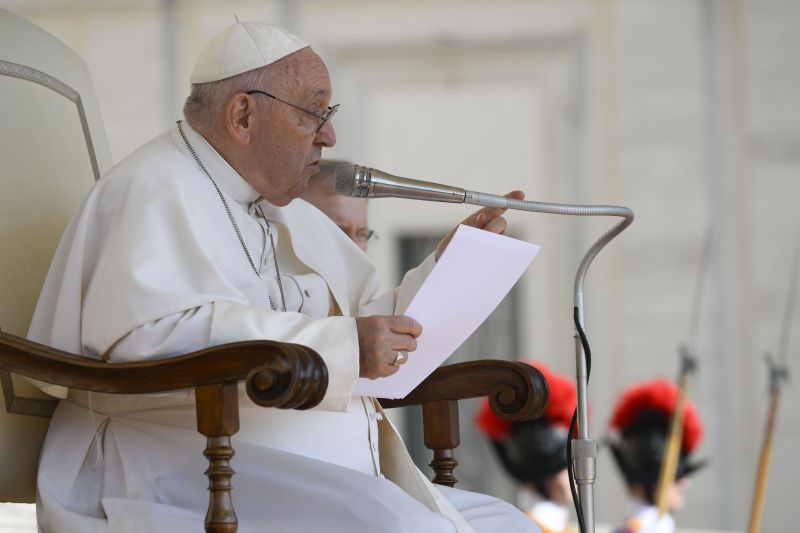
Washington, D.C. Newsroom, Aug 7, 2024 / 17:08 pm (CNA).
Just over a month after laying off several staff members of a controversial department specializing in social justice initiatives, the U.S. Conference of Catholic Bishops (USCCB) has announced a new “Secretariat for Justice and Peace” with a similar mission.
The secretariat, which was announced in a short video statement on Tuesday, will operate under the purview of the U.S. bishops and consists of 13 staff members led by executive director Jill Ruah.
Ruah said in the video that the secretariat will focus its efforts on sharing Catholic social teaching and advocating for peace and justice in the U.S. and internationally.
“When we affirm the dignity of every person created in God’s image, when we work to end racism, when we advocate to address poverty and to care for our common home, when we support the Church’s ability to live her mission, this work is a reflection of the love and mercy of Jesus Christ,” Ruah said.
According to the USCCB’s website, the secretariat will serve the Committees on Domestic Justice and Human Development, International Justice and Peace, and Religious Liberty as well as the ad hoc Committee Against Racism and the bishops’ Education and Communications and Environmental Justice programs.
The secretariat appears to share a common mission with the now-defunct Department of Justice, Peace, and Human Development and the Catholic Campaign for Human Development (CCHD), both of which recently laid off staff.
Over the years the CCHD has generated controversy and criticism. Beginning in 2008, the program was faulted by activists — and some Catholic bishops — for funding organizations that have taken positions contrary to Church teaching, such as on abortion and same-sex marriage.
In 2010, the USCCB instituted new controls to help ensure that grantees conform with Catholic teaching. At the time of the layoffs Chieko Noguchi, a USCCB representative, told CNA that the decision was part of a “reorganization” that would “allow the conference to align resources more closely with recent funding trends.”
The USCCB did not reply to CNA’s request for comment.
If you value the news and views Catholic World Report provides, please consider donating to support our efforts. Your contribution will help us continue to make CWR available to all readers worldwide for free, without a subscription. Thank you for your generosity!
Click here for more information on donating to CWR. Click here to sign up for our newsletter.





Just more wasted money to promote the woke agenda in the Catholic Church.
That’s why I don’t allow any of my money to find its way to the USCCB. Unfortunately, the only way to present this is by my donating money to my parish to ONLY go into a restricted account to be used for something specific i.e. NOT to be placed with general parish weekly collections which have a diocesan and USCCB assessment attached. I’d advise everyone to do the same.